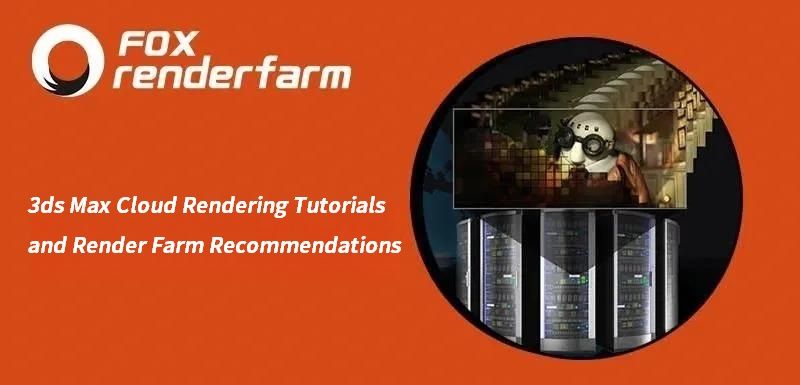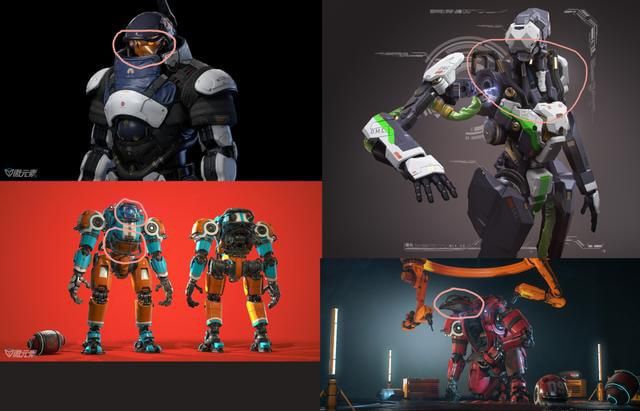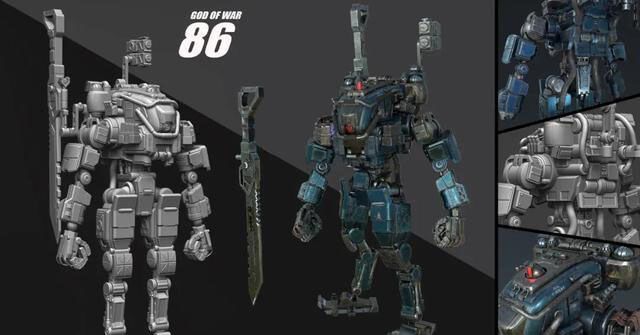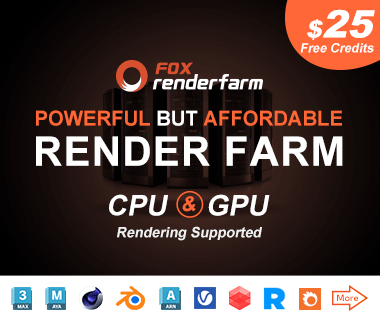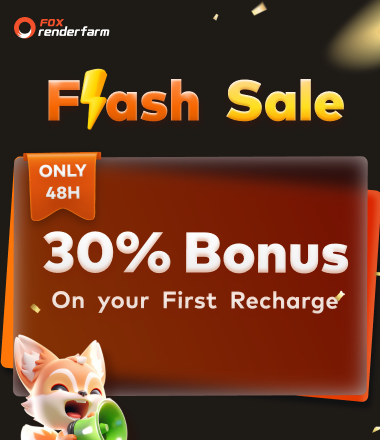3D Artwork The Mini Dream Created by Phil Derbyshire


The Mini Dream © Phil Derbyshire
What a fantastic and microscopic world!
Hum3D Car Render Challenge, an annual render challenge, announced the winner of 2020 recently. As the long term partner of Hum3D, the best cloud rendering services provider, Fox Renderfarm is pleased to witness that there are more and more excellent car render artworks emerging year by year. This time we are honored to interview Phil Derbyshire, the 2nd place winner of the challenge and also the special prize winner from our Fox Renderfarm team.
Phil’s award-winning artwork, The Mini Dream, shows a fantastic and microscopic world, made with 3ds Max, Redshift, Quixel Megascans, Forest Pack Pro, ZBrush, Substance Painter, Affinity Photo and Affinity Designer. Phil described the artwork,”No matter how small you may be in the grand scheme of things, there is absolutely nothing that can stop you from dreaming big!”

- Phil Derbyshire
- 3D Artist at TekVisual, LLC
- America
Hit the link to find out how he made the amazing artwork.
How to Use 3ds Max to Create A Photorealistic Car Render Giving Fairytale Mood
Recommended reading
Top 9 Best And Free Blender Render Farms of 2025
2024-12-30
What is Jibaro? Reveal the Story and Techniques Behind the Production of Jibaro "Love, Death & Robots"
2025-11-03
Top 10 Free And Best Cloud Rendering Services in 2026
2025-12-26
9 Best & Free 3D Rendering Software for Architects & Designers
2025-12-08
Top 8 After Effects Render Farm Recommended of 2025
2025-02-10
Easy Cel Shading Tutorial for Cartoon in Blender Within 2 Minutes
2025-11-26
Shocked! The Secret Behind Using 3D to Make 2D Animation was Revealed!
2026-01-06
How to Render High-quality Images in Blender
2024-12-04
Partners
Previous: 3D Artwork A Hidden Treasure Created by Iasonas Raptopoulos
Next: 3D Artwork Final Stand Created By Neil Cross
Interested
